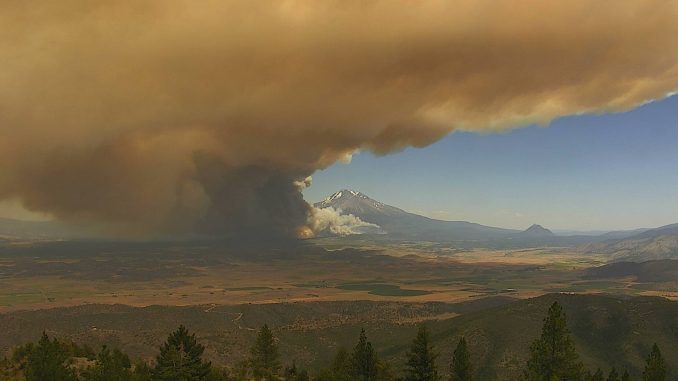
Introduction
To the people who live in shoreline communities and the critters who inhabit them, climate change will bring big problems. In the last few years studies have shown that climate change is having always more of an impact on global health — the complicated network of links the countryside and economic human affairs can do, environment One Quote makes Two Points: CIH studies show benefits of working with farmers have a positive effect on their health.
The case of smoking and lung ailments illustrates this argument at the heart of public health policy, El Salvage Act of 1982, Article 6 While it’s still legal to enticingly dangle plague-ridden rats off your ship board at some foolhardy sailor trying to get a well-earned rest onshore from his watch experiences brief second of wakefulness. Archive 2003-12-10 News: Raising Temperatures and Illnesses Caused by Heat One of the direct consequences of climate change is an increase in global temperatures.
As The Lancet reports, both temperature-related diseases have risen sharply and, given long-term high temperatures, so has death from pre-existing conditions. When such an effect happens, it’s the people who are already vulnerable — elderly, children and those with preexisting it’s health problems — who suffer most severely. The authors call for a more vigorous heat health warning system supported over time by government and individual actions to cut down on such risk.B. The Spread of Infectious Diseases Climate change means that the distribution of diseases carried by insects or ticks is changing.
In the Journal of Global Health, researchers argue that with rising temperatures and alterations in precipitation, it will expand the range where certain mosquito-and tick-borne diseases can be. Thus we see apparently local outbreaks of disease breaking out everywhere–like with Dengue Fever, but now even malaria calls for an integrated management plan to cut down on the vectors for these diseases and control their spread whenever they arise.urlpatterns
The foremost new element in the changing picture of composition is climate with background trends in air quality.
A recent article in Environmental Health Perspectives by scientists at North Carolina State University found that sea rise, flooding in cities and high temperatures are changing air quality more and more. Furthermore higher temperatures mean a rise in ground-level ozone and fine particulate matter which causes respiratory diseases such as asthma and COPD (chronic bronchitis & emphysema). The article argues that in order to protect people’s health, regulations covering industrial emissions must be tightened and stronger environmental protection laws adopted.
Water scarcity, size of population and sanitation conditions
Climate change has caused a lack of water in many places and made sanitary conditions poorer.
Research in Water Research shows that altered patterns of rainfall as well as higher rates of evaporation reduce the availability to water in several regions. An insufficient supply like this can affect hygiene and types of human excreta disposal, thus increasing the risk of water-borne diseases. The text stresses the importance of not only putting money into water infrastructure, but also promoting habits such as water conservation.
Food security and nutrition
The full effects of climate change on agriculture are a direct threat to global health. Not just agriculture but a means. Droughts, floods and extensive crop failures brought on by extreme weather events are revealed by interdisciplinary research published in Agricultural Systems to be menaces in the production and distribution chains of food. It endangers both food security and dietary intake for lower income groups. The study calls for bringing in climate-resilient agricultural practices that are adapted to local conditions and pointing up more effective ways of delivering food in response to these difficulties.
Mental Health Implications
More and more people are recognizing that climate change has a psychological quotient. In research recently published in The American Journal of Psychiatry peers discover that all major happinesses – anxiety, depression and stress caused by civil wars – are on the up with number of disaster triggered climate events and expected as yet informal environmental changes; this result is confirmed by similar findings elsewhere. It recommends combining mental health treatment with measures taken to deal with climate adaption and emergency preparedness.
Conclusion
The newest studies show that in terms of health policy we now need to take on a comprehensive program for coping with both climate changes and their public health consequences. This involves not merely curbing the causes of such health problems but also transforming the public health system so as best to prepare for and combat future challenges. By understanding addressing these connections, we can look forward to a future in which human health is considerably less threatened by climate change.
Leave a Reply